Holograms Are Resurrecting Dead Musicians, Raising Legal Questions
Is it right to use technology to bring a dead person back on stage?

Is it right to use technology to bring a dead person back on stage?
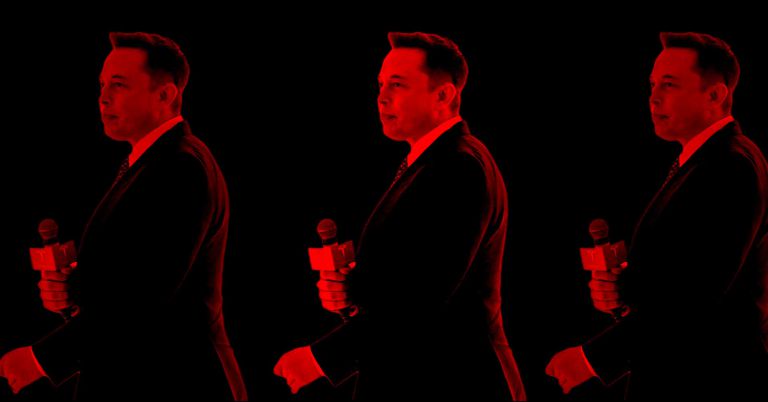
An AI settler could lay the groundwork for human colonists.
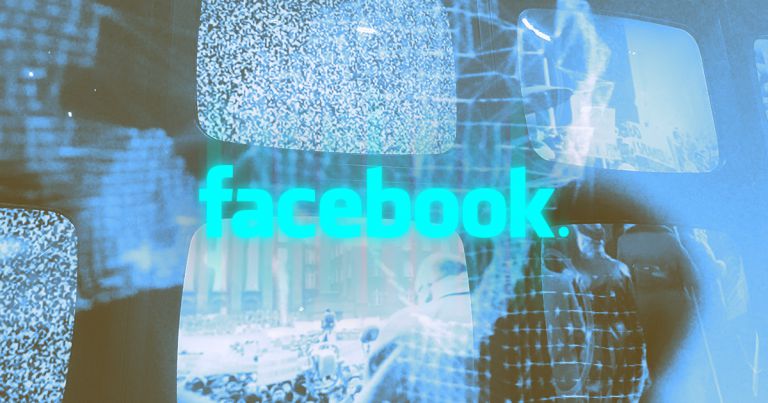
"No one entity, especially not a for-profit venture like Facebook, should have that kind of power."

"Most view this as an act of ineptitude."
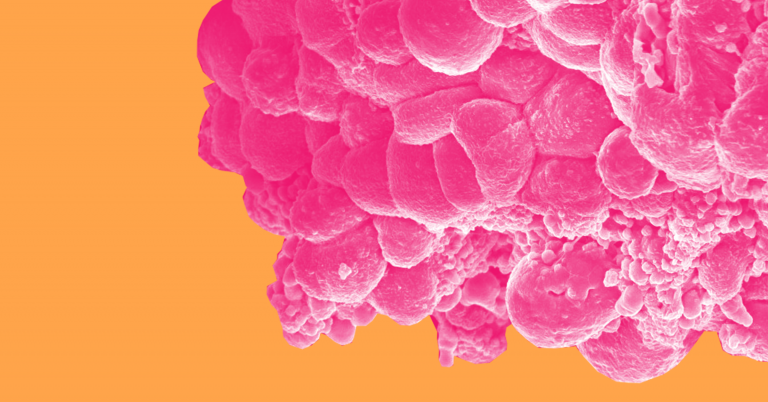
The new treatment uses immune cells to fight tumors.
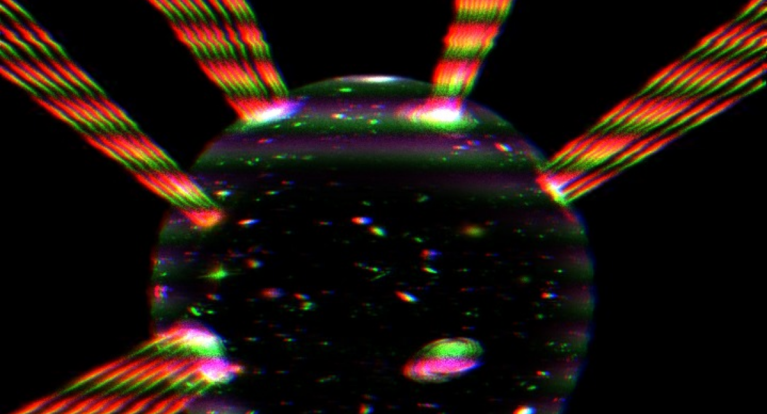
And it's covered with strings that make up its matter.
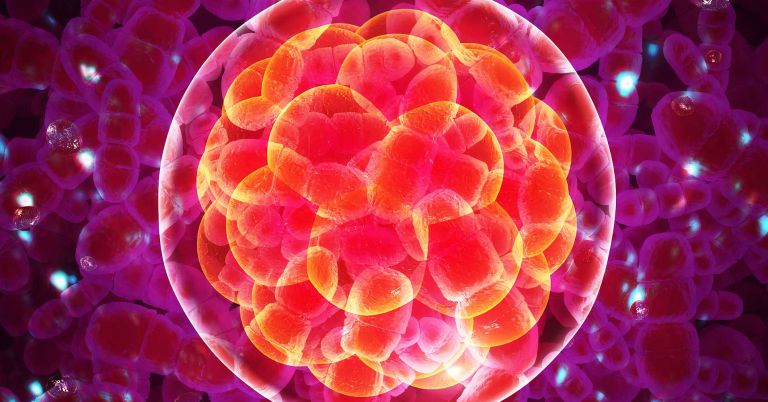
But not for tinkering with intelligence or eye color.
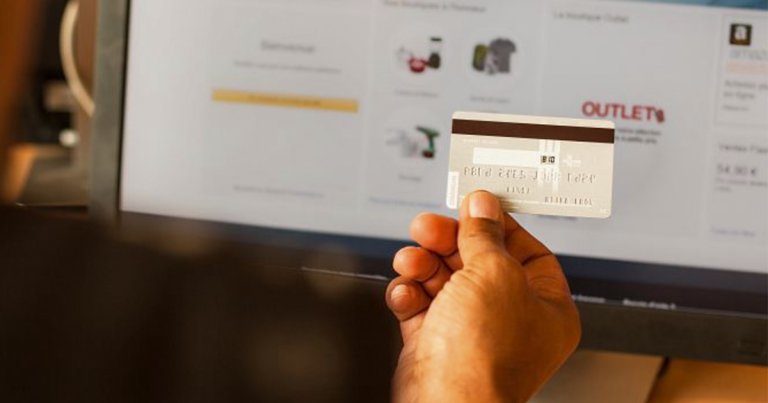
They're designed to prevent fraud during "card-not-present" transactions.

Here comes the choo-choo!
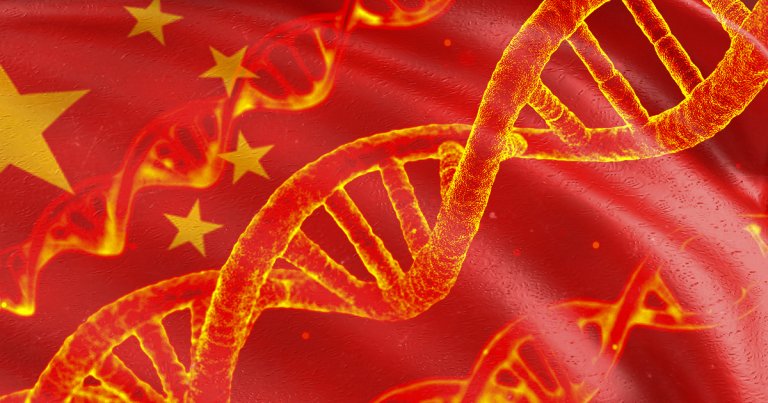
They didn't bother to keep in touch after the trial ended.

"My personal estimate is that robots will play a significant role in combat."

The choose-your-own-adventure format is no longer just for kids.
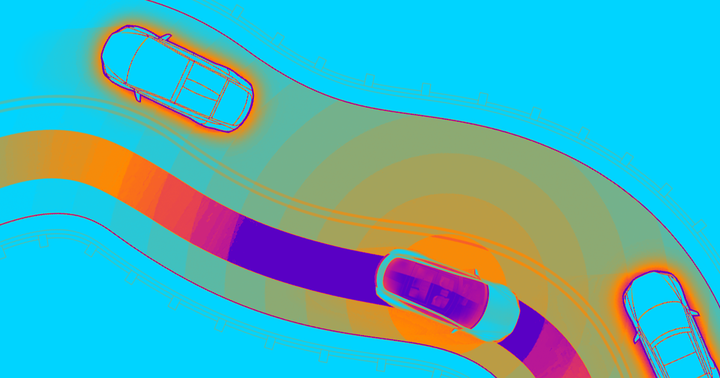
In an internal email, the mercurial CEO called for more internal testers.

When completed, this will be China's largest virtual power plant.
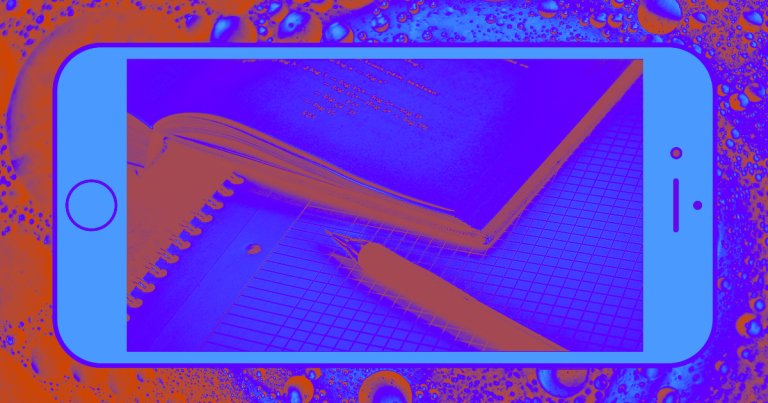
Yuanfudao just raised another $300 million in funding.
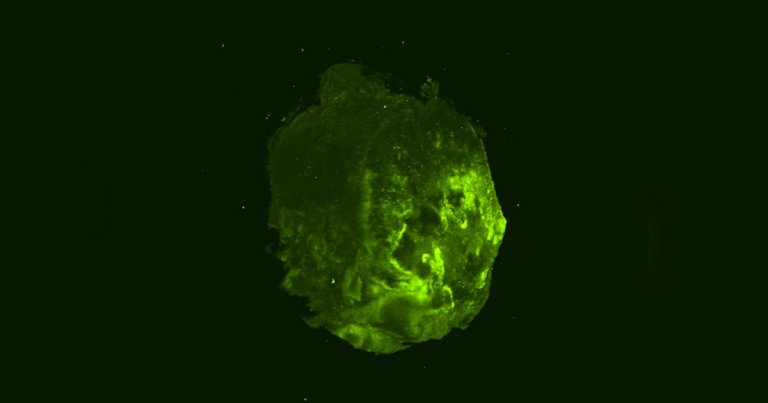
High-resolution VR maps can help doctors better understand tumor structure.
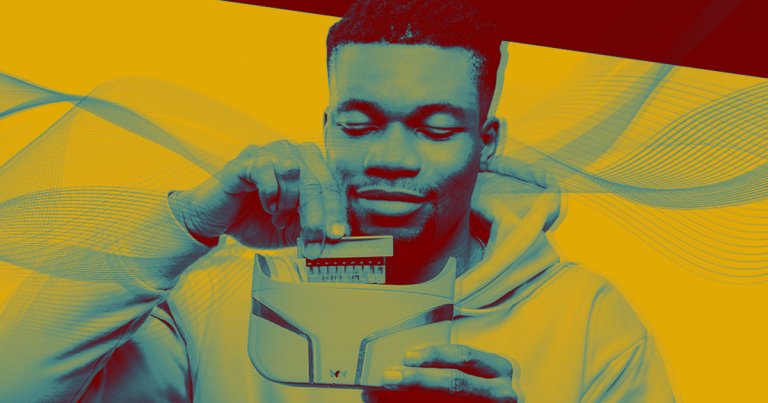
Feelreal plans to announce a Kickstarter campaign for its VR mask.

Self-assembling silver tubes might someday wire up your clothes.

It could also help end our current water scarcity problem.

Millions of trees could be repurposed, instead of going to waste.